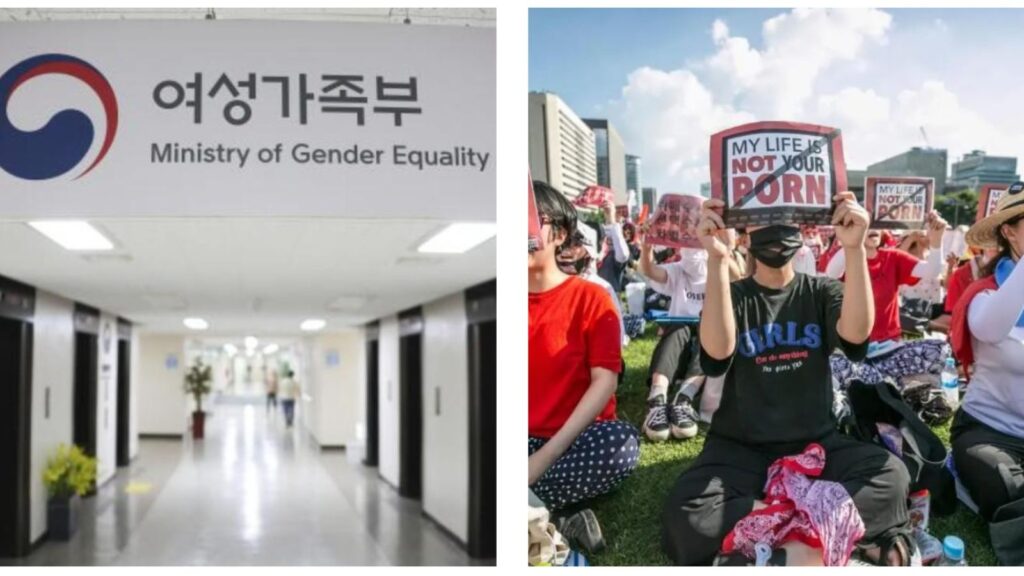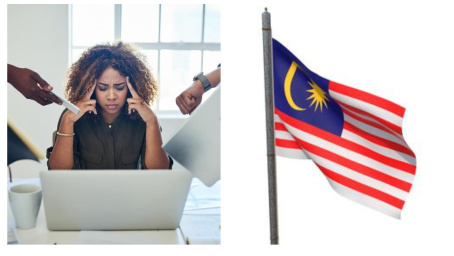By Jheruleene Anne Ramos
Workplace wellbeing in Malaysia has deteriorated over the past year, with rising stress levels and declining mental health among employees, according to the 2025 Well-being@Work Report.
The study, based on over two years of research and data from more than 3,400 employees, revealed worsening worker morale and mental health in Malaysia.
It assessed key aspects such as psychosocial risks, psychological safety and self-esteem in workplaces nationwide.
Workforce in crisis
The study revealed that the number of employees experiencing psychosocial risk – encompassing stress, burnout and workplace toxicity – has risen by six points to 40 per cent, as cited by The New Straits Times.
Psychological safety has also significantly declined to 66 per cent, which was two points lower compared to 2023. This shows that most of the employees feel less comfortable expressing their opinions due to harsh criticism and other fears.
Similarly, employee self-esteem also declined, with 68 per cent of workers reporting negative perceptions of their job, contributing to insecurity and lack of confidence.
READ MORE: South Korea builds victim support as deepfake sex crimes evolve

Meanwhile, workplace harassment and discrimination remain unchanged at 13 per cent, indicating limited progress in addressing these issues.
Overall, Malaysia’s workplace well-being score declined to 62 per cent, a three-point drop from 2024, underscoring the need for urgent intervention.
Women, youngsters, junior staff suffer the most
The report highlighted that women face disproportionately lower levels of wellbeing than men, reflecting persistent gender inequality in the workforce.
Despite an increase in women’s labour force participation to 56.2 per cent in 2023, the gender pay gap and workplace disparities remain significant.
The Khazanah Research Institute, through its studies “Gender Gap in the World of Work: Status and Progress” and “Individual Attributes, Values and Gender Employment,” found that workplace inequality, gender role stereotyping and imbalances at home continue to hinder women’s economic empowerment, Malaysia Edge reported.
Young employees and entry-level staff also reported the worst conditions, reflecting deeply rooted structural inequalities in Malaysian workplaces.
YOU MAY ALSO LIKE: Tyla becomes first African solo artist to hit 1 billion Spotify streams with hit song ‘Water’

Same old problem
The 2024 Wellness at Work report by global employment platform Employment Hero found that workplace wellbeing deterioration is not new, with 67 percent of Malaysian employees experiencing burnout as of April 2024.
It noted that millennials are the hardest-hit generation, with 69 per cent experiencing burnout, followed by Gen Z at 64 percent.
Professor Glenn Hitchman, Head of Psychology at Heriot-Watt University Malaysia, attributed Malaysia’s rising burnout rates to poor work-life balance, with the country ranking second-worst among 60 nations with the highest gross domestic product for work-life balance.
“On average, Malaysian employees work over 45 hours per week. The long hours, combined with pressure from management and limited career development, paint a picture of a workforce that is stretched thin and struggling to keep up,” he said.
Call to Action
In response to these alarming trends, the 2025 Well-being@Work Report calls for urgent workplace reforms, stronger mental health initiatives, and stricter regulations against harassment and discrimination.
Hetal Doshi, chief executive officer of O-Psych and founder of the Well-being@Work Movement, warned that failing to act could have dire consequences for businesses and the economy.
“If we keep ignoring these warning signs, we’re not just harming individuals – we’re undermining the future of the workforce,” she said.
READ NEXT: Gaming news: Viral horror video game Hapunan fuels Philippines’ soft power
